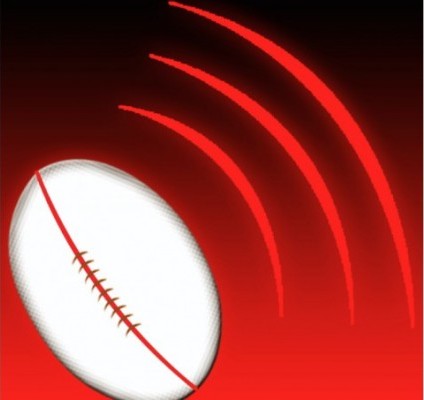USA Rugby Takes Steps to Define Divisions
USA Rugby Takes Steps to Define Divisions
(This article is listed as a Column because it contains GRR opinions as well as some reportage) - USA Rugby is looking for feedback on a new document that is designed to formalize women's college DI and DII designation.
The Women’s Collegiate Competitions Committee and the Collegiate Management Council, working with USA Rugby personnel, have developed a system by which women's college teams can be assigned a division. This is, in part, a response to issues that have arisen in recent years, when teams seem to have some of the characteristics of a DI program, but play in DII. For decades what makes a DI or DII team in women's, and men's, college rugby has been an elusive thing to define. Is it school size? Success? Money? The new document attempts to define that.
USA Rugby membership is asked to provide feedback on the plan.
Here's where you can read the entire plan.
To provide feedback, email Johnathan Atkeison at jatkeison@usarugby.org or USA Rugby Collegiate Director Rich Cortez at rcortez@usarugby.org.
The document itself provides some clear paths to making a college program DI. The awarding of university-supported scholarships and admissions assistance are key elements (although the plan leaves open a grace period for new programs).
In addition, the document has a series of other measurements with points values that, if everything adds up right, could put a team in the DI category. (Add up the points and if you're over 0.7, you should be DI.) Of these, perhaps the most problematic is coaching tenure. The length of time a coach has been running the program is a significant factor (0.15 or over 20% of the target 0.7) of a team's DI designation. This could lead to a team being well in the DII window one year, with a 3rd-year coach, and then the next year be told they must be DI or else get a new coach.
The other category of note is funding. As most know, college women's rugby teams are, for the most part, not funded well at all. The numbers listed in the document are very small - the highest category is $10,000, and the increments are $3,000 ($4,000 for 0.05 points, $7,000 for 0.10 points, and $10,000 for 0.15), meaning that a relatively small boost in a team's support from its school could result in the program moving from DI to DII.
These scenarios look likely to be rare, however, as there would be other factors - student body size, success on the field - that would also boost a team's DI profile.
Still, according to the document, the DI or DII designation would be for the postseason only; leagues as they exist now may well be multi-divisional given the geographic challenges women's college rugby can encounter. This seems eminently reasonable in that USA Rugby's only real worry is how to crown a national championship. Local conferences should be what works for the local teams.
In addition, the document says teams will have the opportunity to appeal being shifted from one division to another. However, if you ask those of us at Goff Rugby Report, penalizing a good DII program because the players love the coach, and thus the squad is big and the coach sticks around seems counter-intuitive.
Overall, though, this is a huge step forward for the college game, as there hasn't really been a detailed approach to judging whether a college rugby team is DI or DII. Mostly, it's been up to the team involved, and certainly in men's college rugby, we've seen examples of programs that are obviously DI playing in DII. USA Rugby's position appears to be "do what you want or what you have to do for your regular season, but we will have a standard for the playoffs."
That's a good move.











